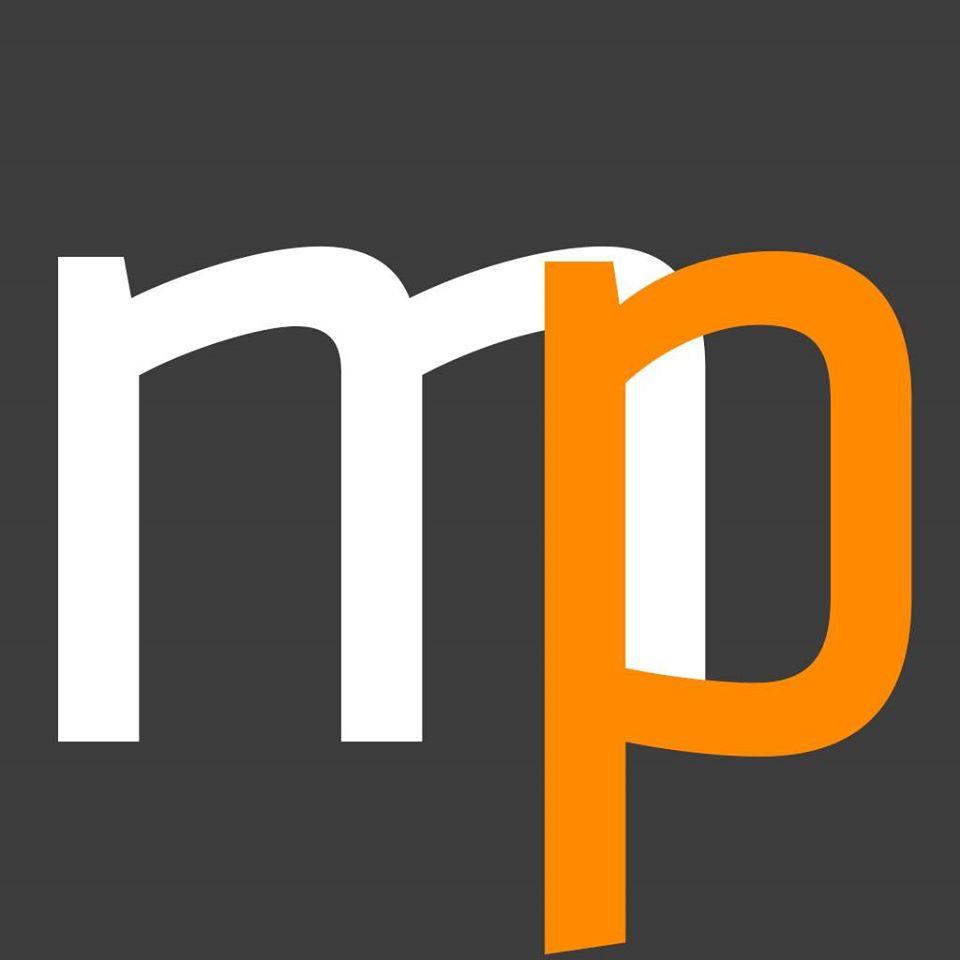The global immunohistochemistry (IHC) market is projected to reach USD 5.14 billion by 2030, up from USD 3.55 billion in 2025, growing at a CAGR of 7.6%. For senior decision-makers in healthcare, diagnostics, and biopharma, this represents more than just incremental growth—it highlights a critical diagnostic technology reshaping oncology, pathology, and precision medicine.
As favorable reimbursement policies, rising cancer prevalence, and a shift toward standardized kits accelerate adoption, IHC is emerging as a powerful enabler of both clinical ROI and long-term strategic advantage.
Download PDF Brochure: https://www.marketsandmarkets.com/pdfdownloadNew.asp?id=121632939
The ROI Case for Immunohistochemistry
For hospitals, diagnostic laboratories, and research institutions, IHC delivers measurable returns in three ways:
- Enhanced Diagnostic Precision
IHC enables biomarker detection critical for cancer treatment planning. By guiding targeted therapies, hospitals can improve patient outcomes while strengthening their reputation as centers of excellence. - Operational Efficiency Through Kits
The fastest-growing segment, IHC kits, streamline workflows by providing ready-to-use, standardized solutions. For labs handling high test volumes, this translates to faster turnaround times, reduced error rates, and ultimately, improved scalability. - Reimbursement-Driven Adoption
In developed markets, favorable reimbursement policies reduce patient costs and increase test utilization. This higher throughput benefits both clinical economics and vendor demand for instruments, reagents, and consumables.
Key Market Trends That Executives Should Track
- Kits Lead Growth: Kits are projected to dominate growth due to their ability to cut manual preparation time and ensure reproducibility.
- Hospitals & Diagnostic Labs as Growth Engines: This segment holds the largest share, fueled by rising cancer cases and in-house pathology expansion.
- Asia Pacific’s Dominance: With healthcare reforms like China’s Healthy China 2030 and India’s Ayushman Bharat, the region has become the epicenter of demand, driven by chronic disease prevalence and the expansion of private diagnostic chains.
- Strategic Partnerships with CROs: As pharmaceutical trials increasingly rely on IHC, CRO collaborations represent a lucrative opportunity for both technology providers and service partners.
Request Sample Pages: https://www.marketsandmarkets.com/requestsampleNew.asp?id=121632939
Long-Term Market Opportunities for C-Suite Leaders
- Investing in IHC Infrastructure: Hospital executives considering in-house diagnostic capabilities can unlock faster care delivery and reduce outsourcing costs.
- Expanding into Emerging Markets: Asia Pacific offers long-term growth potential, where rising cancer incidence and government-backed healthcare reforms are expanding the diagnostic landscape.
- Driving Innovation Through AI & Automation: The integration of AI-powered image analysis with IHC platforms presents a frontier opportunity to enhance diagnostic accuracy while reducing human error.
- Vendor Consolidation: For suppliers, acquisitions and partnerships will be key to offering bundled solutions across antibodies, kits, and instruments to meet end-user demand for turnkey systems.
Executive FAQs on the Immunohistochemistry Market
Q1. Why is the immunohistochemistry market growing?
The market is expanding due to rising global cancer cases, favorable reimbursement policies, and the increasing adoption of standardized diagnostic kits.
Q2. Which segment presents the highest ROI potential?
Kits, because they streamline workflows, reduce costs, and improve diagnostic consistency—making them highly attractive for large diagnostic laboratories.
Q3. What regions should executives prioritize?
Asia Pacific leads the market, with massive investments in healthcare infrastructure and a growing demand for cancer diagnostics.
Q4. How does IHC impact long-term business strategy?
IHC adoption not only supports immediate revenue streams but also aligns with precision medicine and personalized therapy trends, ensuring long-term competitiveness.
Final Takeaway
For healthcare leaders, the immunohistochemistry market is more than a diagnostic tool—it is a strategic growth driver at the intersection of precision medicine, clinical efficiency, and global healthcare access. Companies that align with these market shifts—through investment in kits, partnerships in Asia Pacific, or integration of AI-driven platforms—stand to capture significant ROI and shape the future of diagnostics.
For more information, inquire now! Inquire Now

